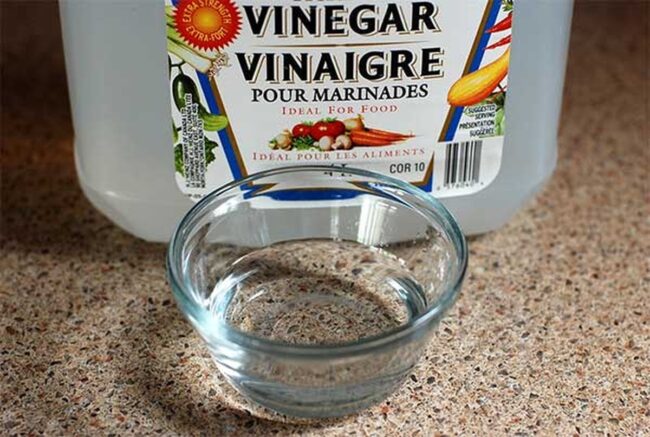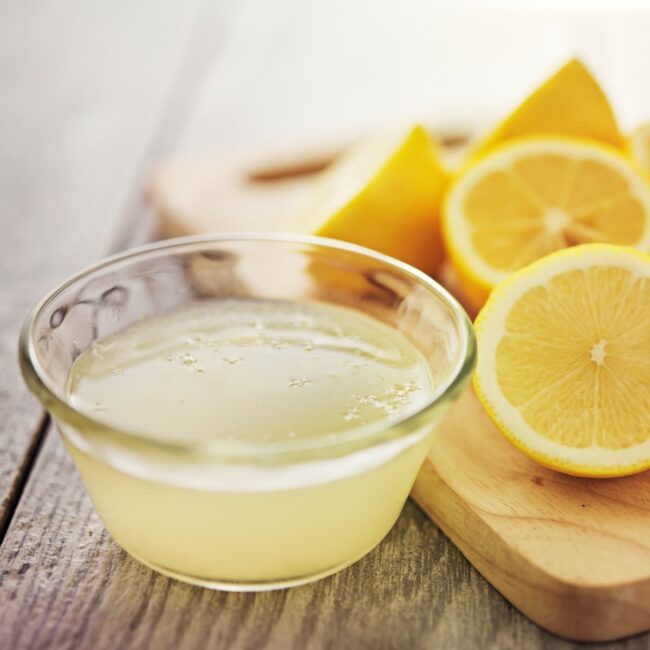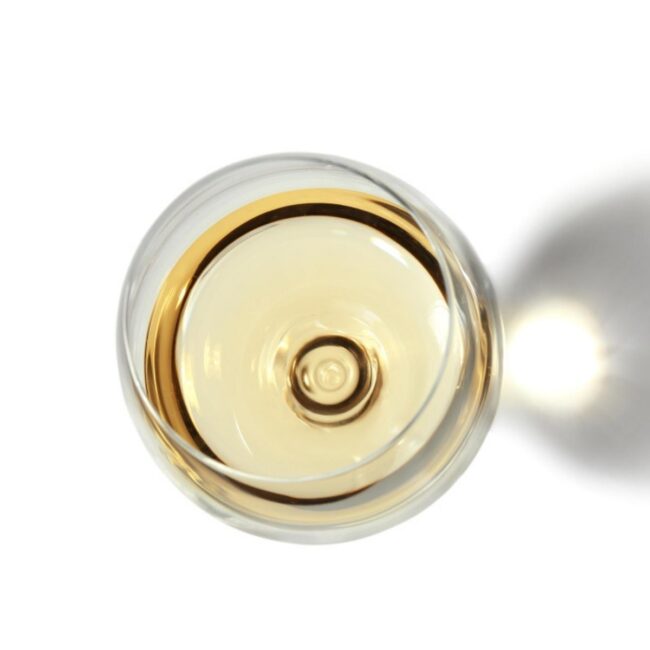3 Bright and Zesty Lemon Juice Swaps
Lemon juice substitutes bring a burst of citrus brightness when fresh lemons are hard to find.
A selection of tangy liquids captures the zing that lifts everyday dishes into vibrant celebrations.
Dishes sparkle with a zesty personality that awakens the senses.
Flavors stay vivid, ensuring that every bite carries a natural vibrancy.
The Role of Lemon Juice’s Acidity in Cooking
Lemon juice stands out with its zesty flavor and refreshing acidity.
This vibrant ingredient enhances dishes, adding a pop of brightness that awakens taste buds.
In baking, it works wonders by reacting with baking soda, resulting in a delightful lightness and airy texture.
Its natural preservative qualities make it an excellent choice for extending the freshness of various foods.
Using lemon juice can elevate everything from savory meals to sweet treats, making each culinary creation shine in its own way.
Lemon Juice Replacements
The role of acidity in cooking involves balancing flavors and enhancing brightness in dishes. Citrus, vinegar, and fermented ingredients contribute to acidity.
Citrus Substitutes
Lime juice stands out with its tartness and acidity, making it an easy one-to-one substitute.
Orange juice introduces a sweeter profile that adds a delightful twist when used in equal parts.
Grapefruit juice brings its own character, combining tartness with slight bitterness for recipes that call for something distinctive.
Each option allows you to experiment and discover new flavor dimensions in your dishes while keeping the essence of citrus alive.
Non-Citrus Alternatives
Vinegar serves as a versatile substitute, with apple cider vinegar and white vinegar being standout choices.
Apple cider vinegar adds a hint of sweetness, making it perfect for salad dressings and sauces; you can swap it in using equal parts.
White vinegar brings a sharper taste that may require some adjustment, starting at two parts to one for balance.
Always think about how these flavors interact with your dish, as they will shift the overall taste experience significantly.
Replacements of Lemon Juice
Citrus fruits provide refreshing acidity, perfect for brightening dishes. Here are the best choices to replace lemon juice in your recipes.
Vinegar
Vinegar serves as an effective alternative when acidity is needed without the citrus flavor.
Apple cider vinegar shines with its gentle fruity notes, making it a fantastic addition to dressings and marinades.
White wine vinegar, on the other hand, packs a sharper punch that closely mimics the tartness of lemon juice.
Both types can easily substitute lemon juice in recipes at a one-to-one ratio.
Experimenting with these vinegars can enhance your dishes while keeping flavors balanced and vibrant.
Sweet and Savory Options
Lemon juice adds a bright and zesty note to both sweet and savory dishes.
Fresh lime juice serves as an excellent substitute, offering similar acidity that enhances flavors beautifully.
Bottled lime juice provides convenience but may have preservatives affecting the taste slightly.
For desserts, pomegranate juice introduces an exotic tang that balances sweetness with tartness wonderfully.
Lemon extract can also work well in sweets; just a dash delivers the citrus essence without changing textures dramatically.
Specialty Alternatives
Finding alternatives to lemon juice can elevate your culinary creations in surprising ways.
White wine introduces acidity and a depth of flavor, ideal for enriching sauces or deglazing pans.
Lime juice works seamlessly as a direct substitute, especially in refreshing cocktails and zesty desserts where citrus shines.
Other acidic ingredients like vinegar or even tamarind paste could also work wonders depending on the dish's profile.
Understanding how lemon juice functions within your recipe allows you to make choices that enhance rather than overshadow the intended flavors.
Best Lemon Juice Substitutes for Baking
The best lemon juice substitutes for baking provide tartness without overpowering other ingredients. Vinegar, citric acid, or orange juice can be effective swaps.
Tweaking Baking Recipes
Lemon juice serves a dual purpose in baking, functioning as both a flavor enhancer and a leavening agent.
When mixed with baking soda, it creates bubbles that help baked goods rise beautifully.
Substituting lemon juice is easy; just use 1/4 teaspoon of baking powder for every tablespoon needed.
Cream of tartar can also replicate the effects of lemon juice by combining it with baking soda for an effective lift in your recipes.
Buttermilk stands out as another alternative due to its natural acidity, which tenderizes doughs and batters while adding richness to cakes and breads.
Reliable Alternatives for Consistency
Finding the right substitute for lemon juice can elevate your baking game.
Yogurt stands out as a fantastic option, offering both thickness and acidity to activate baking soda.
Using an equal amount ensures that the moisture in your batter remains just right.
Vinegar is another common choice, though its potency calls for a little dilution with water to balance the flavor.
With these alternatives in hand, you can confidently whip up treats that maintain their delightful texture and taste without missing lemon juice.
Alternative Uses for Lemon Juice Substitutes
Alternative uses for lemon juice substitutes include marinades, salad dressings, and flavor enhancements. Choosing the right substitute depends on the dish.
Cocktail and Drink Substitutes
Lime juice shines as a standout option for cocktails and non-alcoholic drinks, offering a tartness similar to lemon juice.
This zesty alternative works wonders in balancing sweet and bitter elements, ensuring every sip feels refreshing.
Citric acid provides an intriguing twist as well; its powdered form makes it easy to integrate into various beverages while maintaining that sharp flavor profile.
When crafting liqueurs, consider adjusting recipes with these substitutes for a harmonious blend of tastes that enhances the overall experience.
Non-alcoholic drinks benefit greatly too; adding citrus alternatives infuses mocktails with the lively zest they crave.
Canning and Food Storage
Canning and preserving food requires attention to acidity for safety.
Lime juice serves as an excellent substitute for lemon juice, providing a higher acid content that keeps your preserved items secure.
This switch not only enhances flavor but also supports the longevity of your creations.
Using bottled lime juice with added citric acid ensures consistent pH levels, which is vital in preventing spoilage.
Embracing this simple change can elevate both the taste and safety of your homemade preserves.
Sauces and Spice Blends
Lemon juice adds a refreshing zing to dishes, enhancing flavors and providing a delightful acidity.
Lime juice serves as an excellent alternative, offering a comparable brightness that can elevate your meals just as effectively.
Salad dressings benefit from this swap, transforming basic ingredients into vibrant concoctions bursting with flavor.
Marinades become even more enticing when lime is introduced, infusing proteins with zest and depth.
For dry seasoning blends, citric acid lends that tangy kick needed to create mouthwatering combinations that excite the palate.



